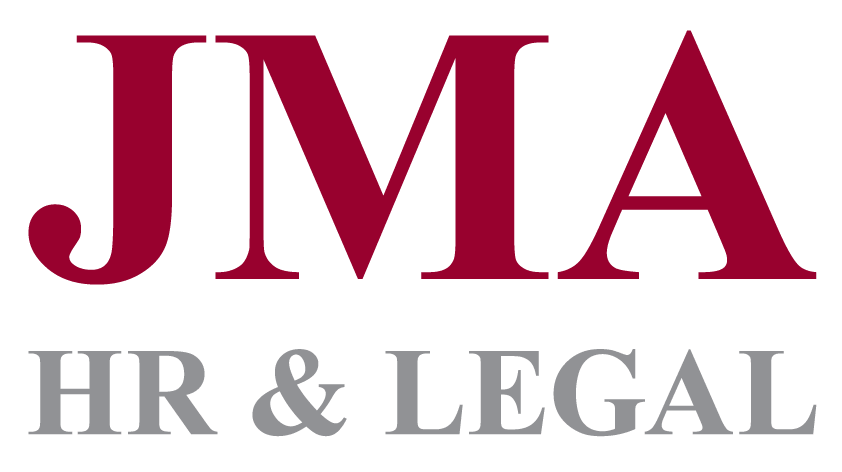Q. What level of responsibility for our employee’s health do we have as an employer?
A. Employers have a statutory duty of care for their employees’ health and safety, and to provide a safe place to work. There is also a moral responsibility to ensure that employees feel safe and secure in their employment. Employers should be proactive to protect their staff and minimise the risk of the virus spreading.
Therefore, do keep up to date with the situation as it develops and refer employees who are concerned about infection to official and expert medical sources such as GOV.UK and the National Health Service.
The main ways to prevent any infection from spreading, includes:
• making sure the workspace is clean and hygienic;
• promoting regular and thorough hand-washing;
• providing all staff with an alcohol-based hand rub; and
• encouraging staff to use and dispose properly of all tissues.
Refer to the NHS 111 online and The World Health Organisation for more guidance.
The Government’s guidance on COVID-19, including the risk level in the UK, what to do if you have symptoms, and what the government is doing about the virus is updated at 2pm every day.
Yesterday, the Government also published further Stay at Home guidance for those with confirmed or possible corona virus (COVID-19) infection.
Q. What is the current position as far as Statutory Sick Pay (SSP) is concerned?
A. New Statutory Sick Pay Regulations came into force today amending the existing Regulations and the definition of those who qualify for SSP to a person who is “isolating himself from other people in such a manner as to prevent infection or contamination with corona virus disease, in accordance with guidance published by Public Health England, NHS National Services Scotland or Public Health Wales and effective on 12th March 2020; and by reason of that isolation is unable to work”.
For the moment, however, there remains a waiting period of three days before the entitlement to SSP kicks in on the fourth day, although the Government is expected to bring in further new legislation to allow payment from the first day of sickness absence whilst the virus persists.
Similarly, legislation is also expected to enable organisations with fewer than 250 employees to be able to reclaim the cost of SSP paid for the first 14 days of absence from the Government.
Q. What are we obliged to do for an employee who needs to take time off to care for a sick relative or look after a child whose school has been closed due to the virus?
A. Time off required by an employee to make emergency arrangements are likely to be covered by the statutory right for emergency time off to care for dependants. However, this time off does not attract the right to pay and it is up to you as an employer to decide if you wish to pay employees for this time which may amount to no more than a couple of days .
Once arrangements for care are in place, Acas guidance suggests that if the employee remains off work then they might use their holiday entitlement so that they remain entitled to pay.
Employers may also wish to consider introducing a temporary policy to deal with such situations whilst the virus persists and provide for payment for a specified period if they wish to be more generous. However, we would advise that any policy is very clear about what situations it will cover, that it is temporary to support staff during the current virus outbreak and is subject to review on an ongoing basis.
Q: What do we do if an employee refuses to come into work?
A: Some employees will be genuinely concerned about their health and may refuse to come to work. All concerns raised should be taken seriously and all employers are encouraged to be very clear and transparent about the steps they are taking in the workplace to minimise the spread of infection.
You may wish to offer a temporary flexible working arrangement, including homeworking if practicable. Alternatively, you could allow the employees to take time off as holiday or unpaid leave. Again, you may be introducing a temporary policy given the exceptional circumstances and if so, do make that clear to staff.
Q. What should we do if an employee simply fails to turn up for work?
A. Being absent without authorisation and making contact with you as the employer will potentially be a disciplinary matter which could result in dismissal. However, we are urging employers to be more lenient in the current climate and as usual in these situations take all reasonable steps to make contact with the employee and find out why they are not in work before moving to any disciplinary action.













Recent Comments